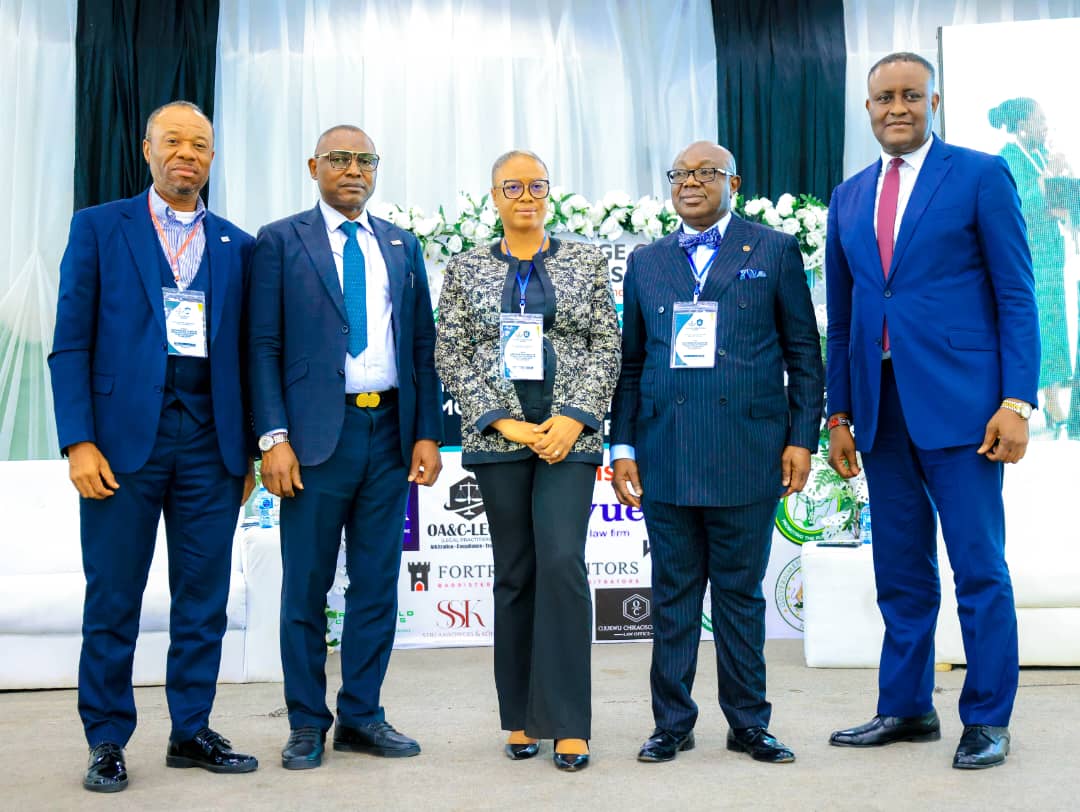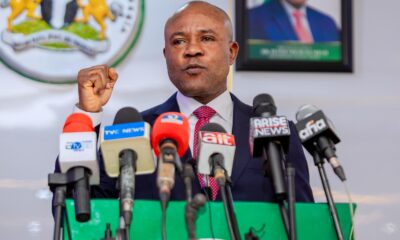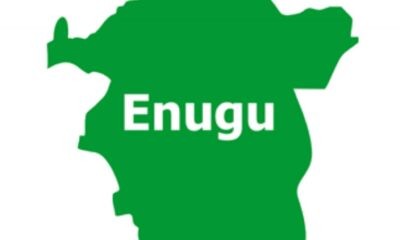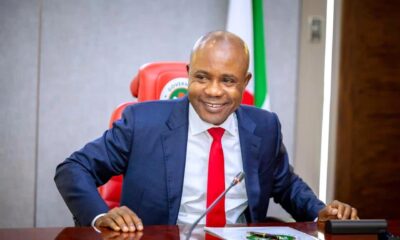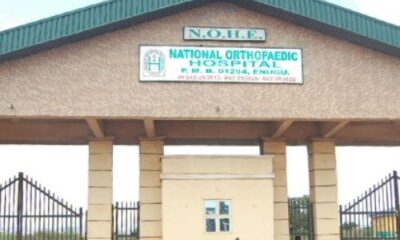Governor Peter Mbah of Enugu State has called on Nigerians to embrace Alternative Dispute Resolution (ADR) as a viable mechanism for resolving disputes amicably and strengthening social harmony.
Governor Mbah made this call at the maiden ADR colloquium of the College of Arbitrators Nigeria LTD/GTE, themed “Rethinking Dispute Resolution in a Modern Society – Going Back to Our Roots”, held in Enugu on Monday.
The governor, who was represented by his Special Adviser on Legal Matters, Barr. Osinachi Nnajieze, disclosed that his administration is already working to establish ADR centers across the 17 local government councils in the state.
He explained that the initiative will integrate customary methods of conflict resolution into the state’s justice delivery system and train mediators grounded in both legal knowledge and cultural wisdom.
“ADR is a bridge between justice and peace, law and equity, the courtroom and the community. It has proven to be an effective and amicable method of resolving disputes,” the governor stated.
He further recalled the indigenous Igbo systems of dialogue and reconciliation such as Igba Nkwu (dialogue under the palm tree), Izu (Council of Elders), and the Ndi Nze na Ozo (custodians of tradition), which for centuries played vital roles in maintaining peace.
“These were not mere cultural artifacts; they were justice systems rooted in empathy, accountability, and social cohesion,” he said. “Today, we must ask ourselves: How do we integrate these indigenous models into our modern legal frameworks? How do we empower communities to resolve conflicts without overburdening our courts?
“Enugu State is committed to leading this transformation. We will establish ADR centers in every local government, train mediators who understand both the law and the land, and build a justice system that restores dignity to dispute resolution.
“Let this colloquium not be a mere intellectual exercise, but a movement, a movement to make justice a lived experience and to resolve conflicts with wisdom rather than bitterness. Enugu will be a laboratory for innovation, a sanctuary for tradition, and a beacon for justice”, he said.
In his remarks, the President of the College of Arbitrators Nigeria LTD/GTE, Chief Patrick Ikwueto (SAN), described the College as a non-profit institution committed to promoting arbitration and alternative private dispute resolution methods as effective alternatives to litigation.
He lauded Governor Mbah’s leadership and logistical support for the colloquium, describing it as evidence of his forward-looking governance style.
“It is our expectation that this colloquium will provoke deep conversations on the role of courts in ADR, the African perspective of dispute resolution, the lessons for international commercial arbitration, and the potential of ADR to enhance restorative justice,” Ikwueto said.
He stressed that the African tradition has always had embedded systems of dispute resolution that preserved social cohesion and prevented protracted conflict.
Justice Emeka Okuma of Anambra State emphasized the need for wider stakeholder involvement in arbitration, noting that since ADR is rooted in the consent of parties, it should take precedence in many disputes. “Our forefathers adopted this system as a means of ensuring peace and stability. It is indigenous, practical, and effective,” he remarked.
Other notable speakers included the Attorney-General and Commissioner for Justice of Enugu State, Dr. Kingsley Udeh (SAN); Justice Nelson Ogbuanya of the National Industrial Court, Owerri Division; Dr. Chikwendu Madumere, Director of Training, College of Arbitrators Nigeria; and Dr. Okey Akobundu, Vice President of the College.

 NEWS1 year ago
NEWS1 year ago
 MUSIC4 years ago
MUSIC4 years ago
 MUSIC4 years ago
MUSIC4 years ago
 MUSIC2 years ago
MUSIC2 years ago
